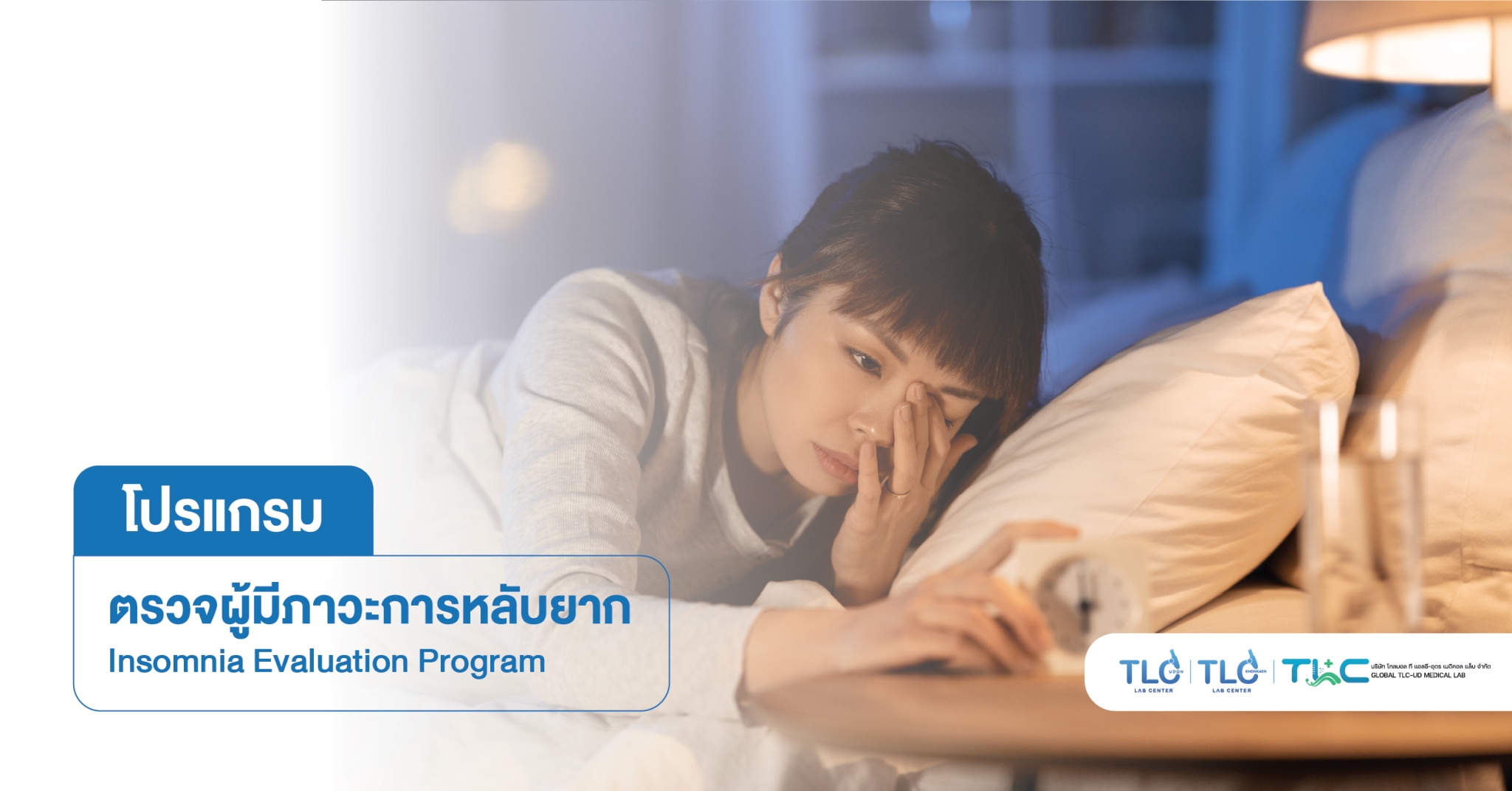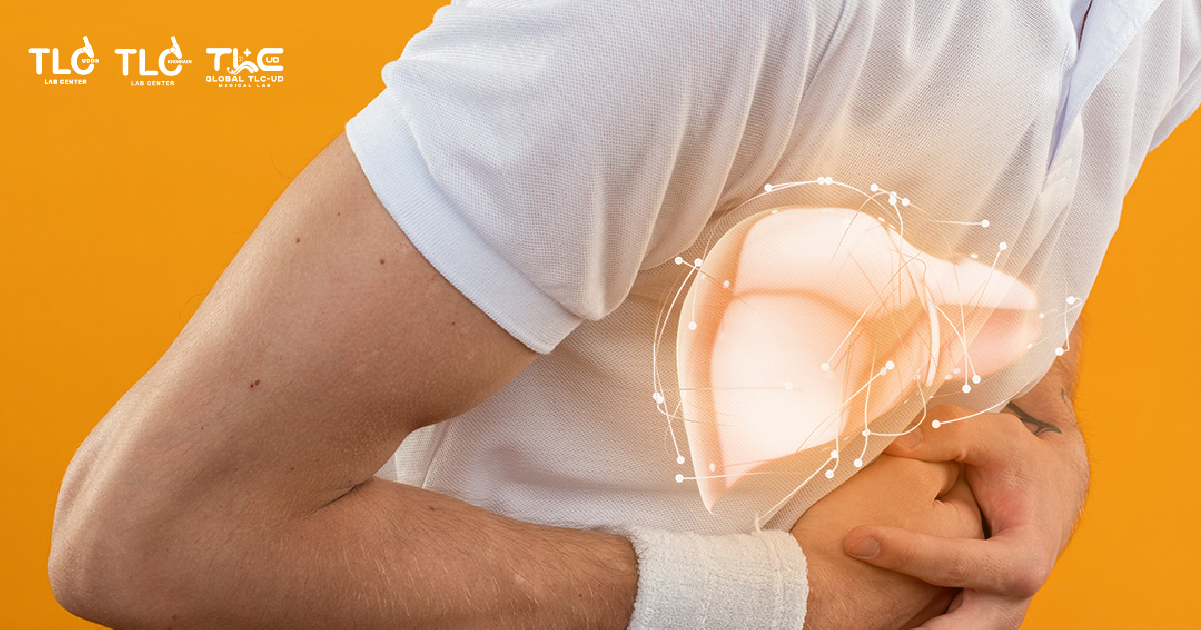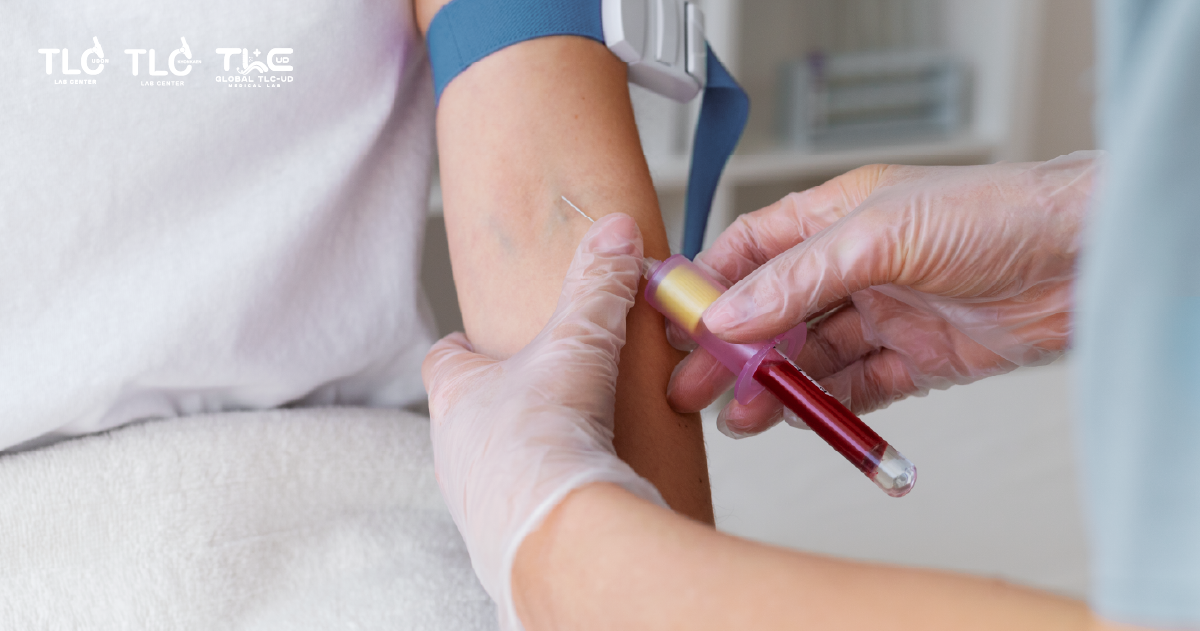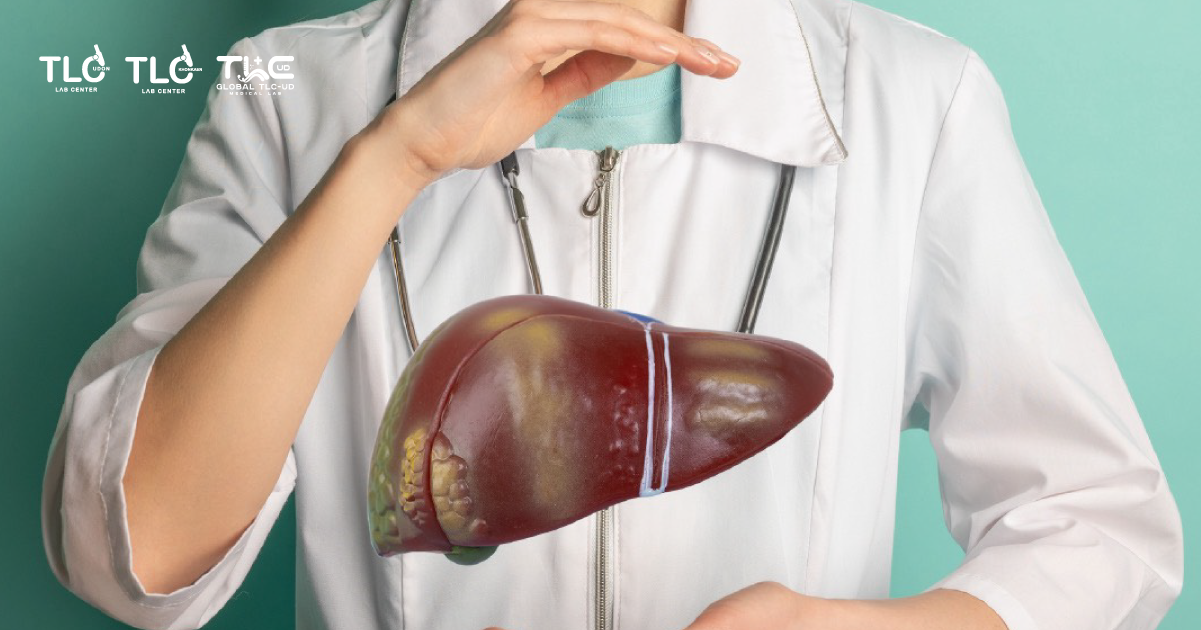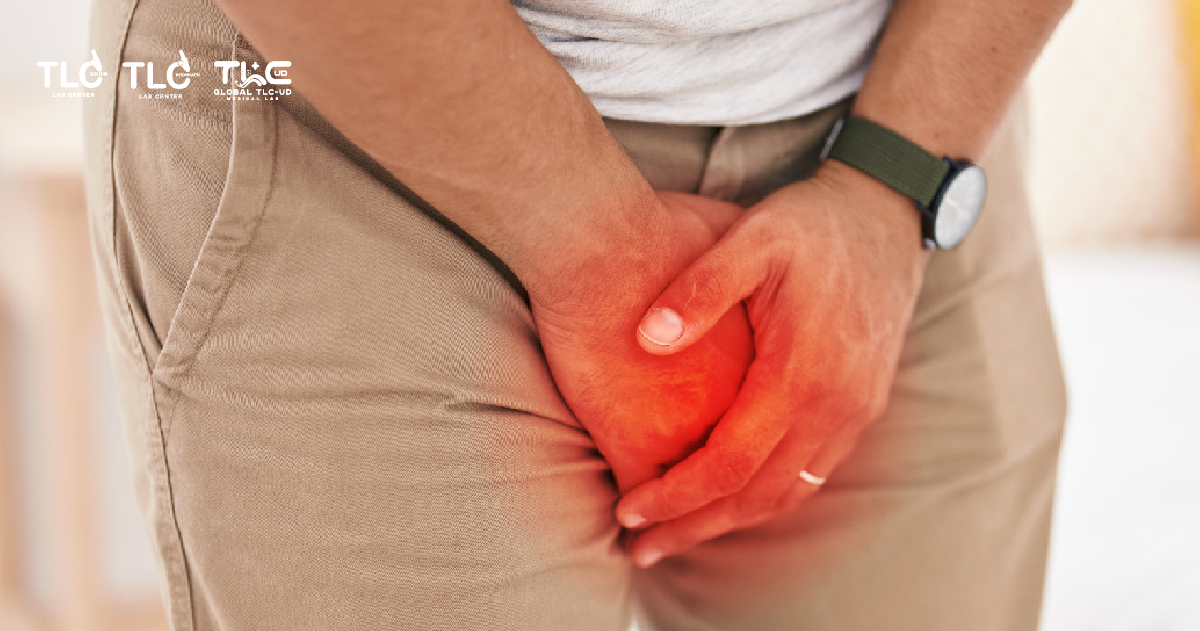What are the effects of stress on the body?
Stress is a state of emotion and feelings that can happen to anyone and occur every day. When a person faces various problems, it makes them feel uncomfortable, disturbed, fearful or anxious, as well as being oppressed or in danger. The secreted hormones prepare the body to fight. The symptoms that appear are physical, such as high blood pressure and palpitations, but for everyday life, few people know that we ourselves have experienced stress without realizing it or avoiding it. Chronic stress builds up and causes physical and emotional symptoms.
Causes of stress
Stress can be caused by two factors :
- External factors such as work, study matters, personal life problems, financial problems, moving, etc.
- Some people have a habit of thinking a lot, tend to worry about small things bringing an imbalance of brain chemicals, causing stressful and sad emotions.

Risk factors of stress.
- Heredity causes the nervous system to be easily stressed, or parents that have stressful habits and are easily worried can pass such behaviour on to your child.
- Stressful environments, such as working in highly competitive jobs, cause stress for employees or they can have family problems as a result.
- Age at risk of stress. It is often a transitional age, such as moving from childhood to adolescence, because of hormonal changes, adjustments in society, and during the period of menopause for women, including menopausal men who have hormonal changes as well. Although the symptoms are less than women, they also cause irritability, anxiety and anger.
Types of stress
Stress can be divided into 3 types as follows :
- Acute stress is the sudden stress caused by pressure in a specific situation, such as a work schedule, or confronting challenges or traumatic events When stress disappears the body will return to normal.
- Episodic acute stress is caused by experiencing stress that occurs suddenly several times in a row, such as having health problems, then losing a job, followed by divorce, etc.
Chronic stress is anxiety and pressure that occurs continuously until it seems to never end and it accumulates into chronic stress. Stress like this affects physical and mental health.
Physical diseases caused by stress :
- Gastrointestinal diseases
- Migraine headache
- Back pain syndrome
- Hypertension
- Stroke
- Heart disease
- Hepatitis from alcohol addiction
- Emphysema from cigarette addiction
- Allergy
- Asthma
- Lower immunity
- Susceptibility to catching colds
- Cancer

How are stress and hormones related?
Stress is a state of emotion or feeling that occurs when a person faces various problems and feels pressured. When a person perceives or assesses that these problems are psychological or may cause physical harm, it will result in a loss of physical and mental balance. Hormones that are associated with stress can be:
1. Hormone cortisol
Cortisol is a steroid hormone classified as glucocorticoids produced by the outer adrenal glands and transmitted to various organs of the body through the bloodstream. If the body has accumulated stress, the adrenal glands secrete too much cortisol. The negative effect is to provoke excessive decay of the body. The adrenal glands must pull out other hormones including anti-stress hormones (Dyhydroepiandrosterone-DHEA) and sex hormones (oestrogen, progesterone, testosterone) to synthesize into cortisol completely. Hormone deficiency causes body fatigue, also known as adrenal fatigue.
When the cortisol hormone is high, how can we manage it?
- Stress Management by finding activities to relieve mental stress, such as yoga, massage or sound healing.
- Eat foods that contain anti-oxidants, such as fruits and vegetables that are not too sweet, rice, beans, some types of meat, such as duck, chicken, fish.
- Reduce physical stress
- Avoid toxins, as they can inflame the body and lead to stress.
- Avoid strenuous exercise. Light exercise is possible. Calming exercises or low-intensity exercises such as running, jogging or exercises can be beneficial where we can still talk normally while exercising.
2. Hormone Dyhydroepiandrosterone (DHEAs)
DHEA is a type of sex hormone that is a precursor to both female and male hormones (Pre-sex hormones) and is also an anti-stress hormone. It helps counteract the effects of Cortisol when the body is under stress. DHEAs are Hormones produced by the adrenal glands, which are precursor hormones that the body uses to produce many other important hormones, such as the sex hormones testosterone or oestrogen. Levels of the hormone DHEAs are produced at their highest around the age of 25 and decrease with increasing age.
How to manage DHEAs when levels are low?
- Reduce mental stress
- Reduce physical stress (do not exercise hard or eat foods that contain toxins)
- Avoid drinking coffee.
- Avoid taking alcoholic beverages.
- Refrain from smoking.
- Get enough quality sleep (before 10:00 PM)
- Eat all 5 food groups (Canada Food Diet recommended)
- Eat enough vitamins and minerals.
- Eat enough protein.
- Avoid refined flours and use instead, preferably as complex carbohydrates, those high in fibre.

When there is an imbalance in the hormones cortisol and DHEA, it leads to adrenal fatigue.
Adrenal fatigue: It is a condition in which the adrenal glands responsible for producing hormones such as steroid hormones, anti-stress hormones and sex hormones, hormones that regulate salt levels (Aldosterone hormone), hormones that make the body alert (Cortisol hormone) or less active, cause the improper production of all of the above hormones.
Treatment for Adrenal fatigue: The level of two adrenal hormones, Cortisol and DHEA, must be measured by blood results. Today, the treatment of adrenal fatigue focuses on keeping these two hormones at a balanced level.
Symptoms of adrenal fatigue :
“Adrenal fatigue” is a condition of the body that is triggered by chronic stress. If you experience at least one of the five symptoms listed below, you may be experiencing adrenal fatigue.
- Problems with waking up in the morning
- Tired, I don’t have the energy. I want to take a daytime nap
- Drowsiness but insomnia.
- Dizziness, dizziness, fainting. Time to change posture (get up, and sit)
- Want to eat sweet or salty food?
- Abnormal frequent urination
- Frequent menstrual cramps
- Frequent recurrent allergies
- Flatulence, Indigestion
- Constipation
- Stress, depression
- Diet. Exercise regularly but without weight loss
- Instantly refreshed when eating sugar or sweets
- Dry and sensitive skin
Health Care Check for accumulated stress. We have a stress check-up program Click here.
References
- The Hormone Handbook by Thierry Hertoghe, MD. 2006
- Canada food guide diet.
- Get to know cortisol (2022). Retrieved from Pobpad: [pobpad.com]
- DHEAs are not just anti-stress hormones, they can help determine your health. (2021, December 27). Retrieved from Phayathai hospital: [phyathai.com]
- 8 important hormones. (2021, January 1). Retrieved from Phayathai hospital: [phyathai.com]
- You’re addicted .(2020, April). Retrieved from Bangkok hospital: [bangkokhospital.com]
- Stress Hormone. (2020). Retrieved from Medtopia: [medtopiaclinic.com]




